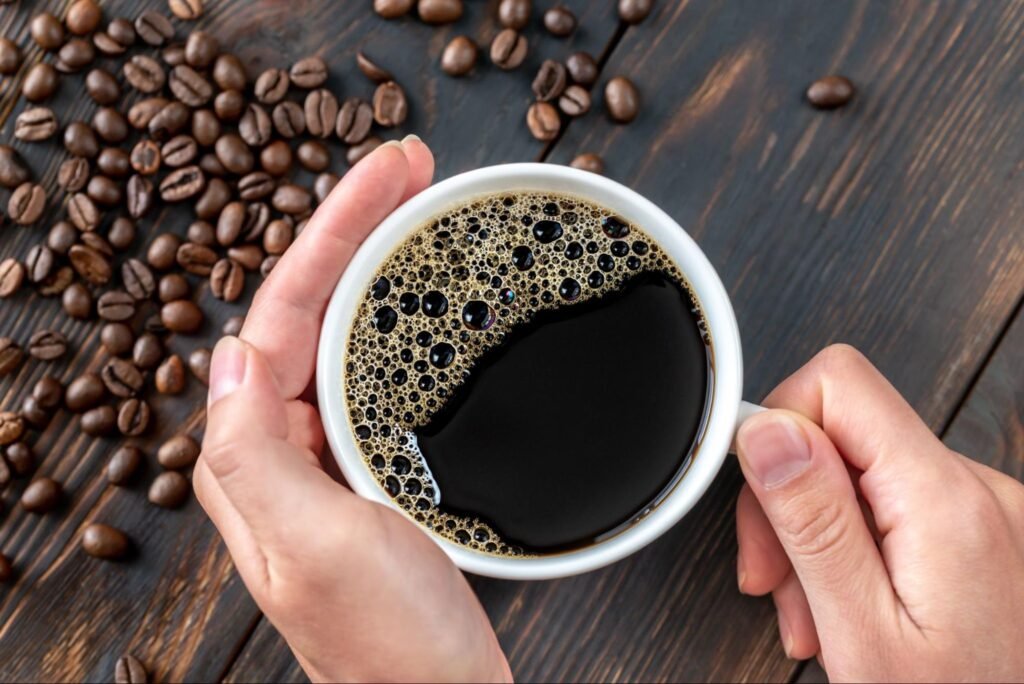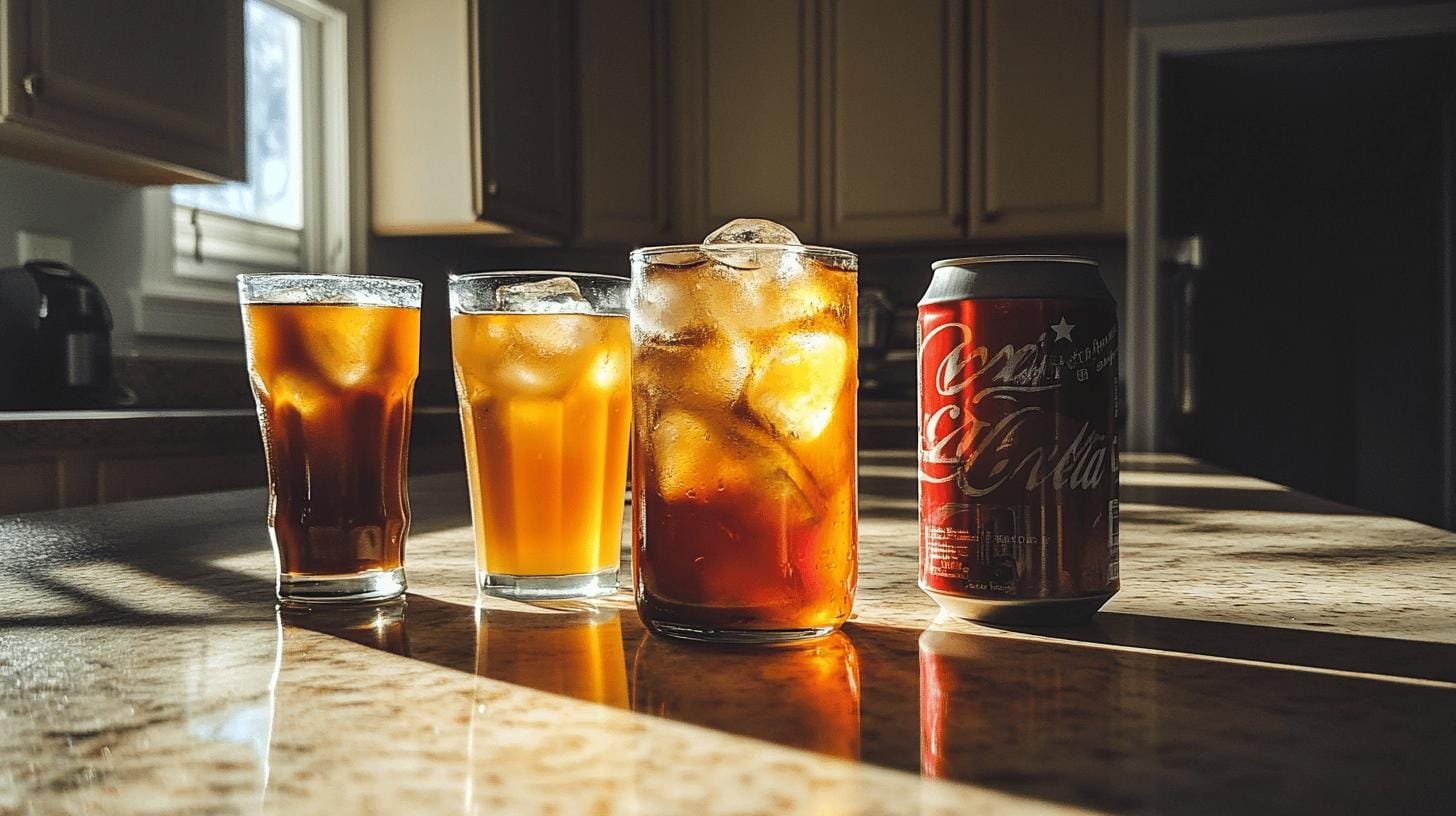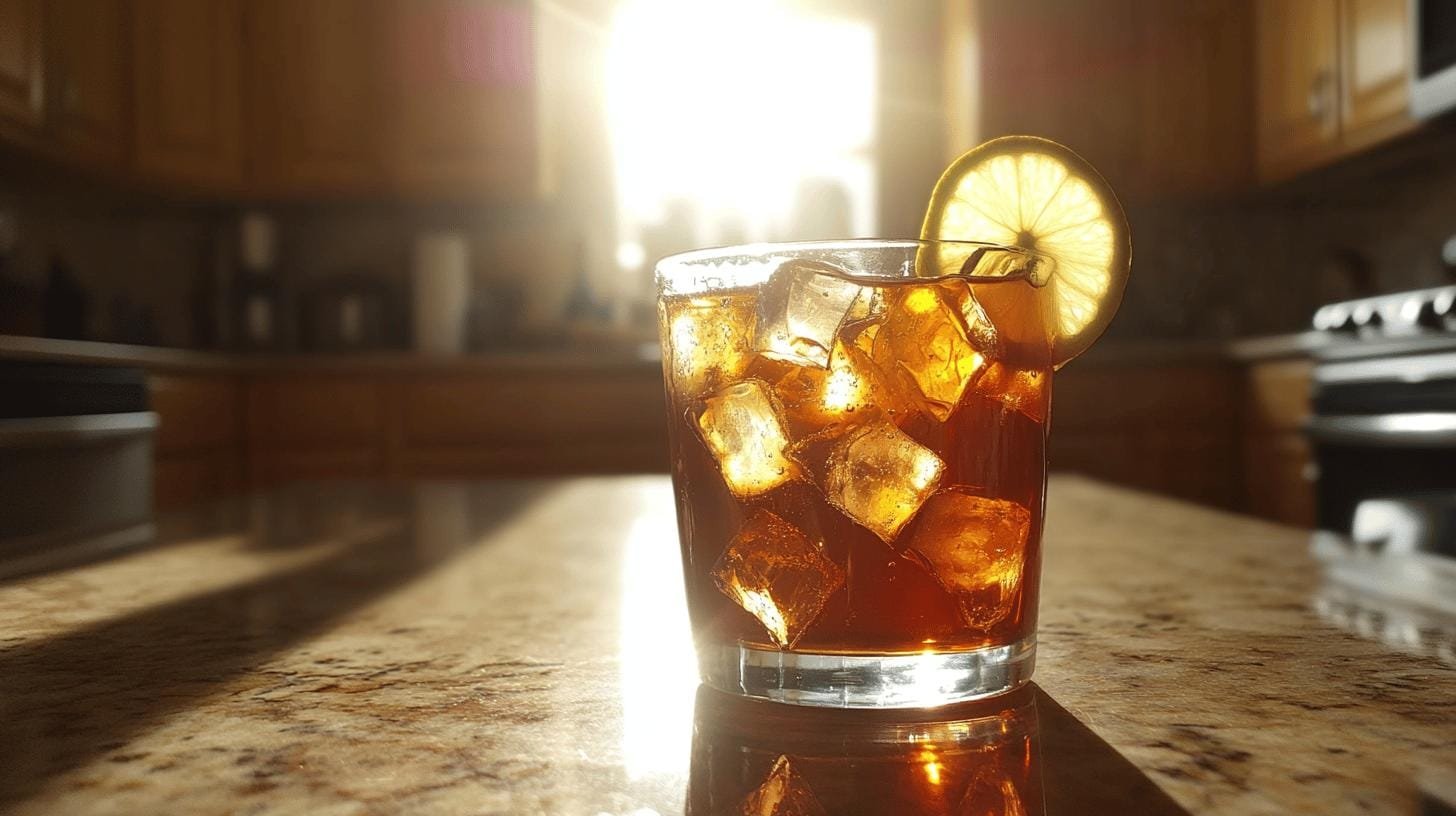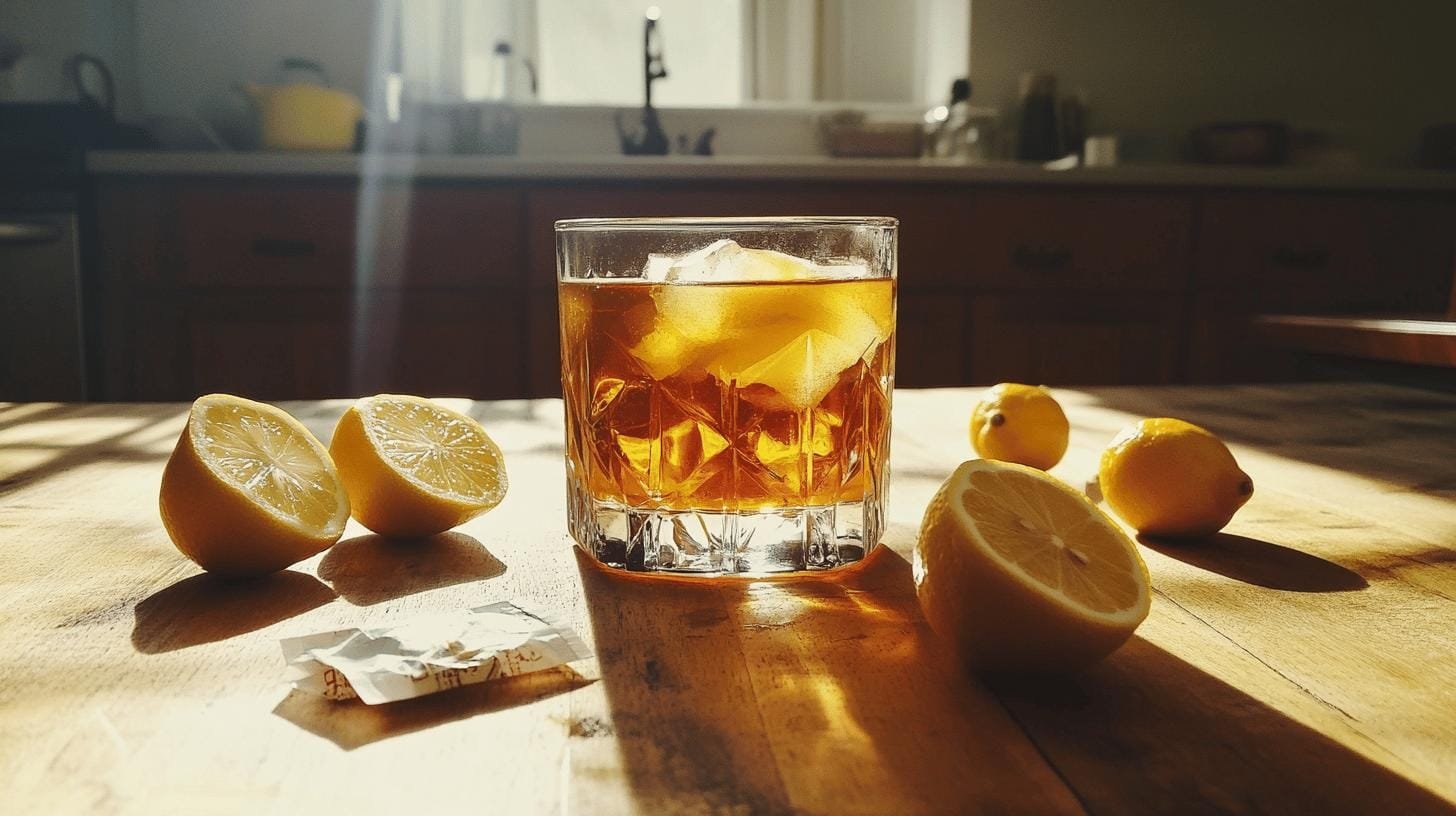
Emerging Approaches Redefining Craft-Focused Customer Experiences
Craft-focused small businesses have always relied on care, precision, and sourcing to stand out. What’s changing now is how those values are shown, not just

Is your sweet tea keeping you up at night? The amount of caffeine in sweet tea might be more surprising than you think. While many believe sweet tea to be a mild, refreshing beverage, its caffeine levels can vary significantly. Whether sourced from the corner deli or crafted in your kitchen, sweet tea’s caffeine content can range from 15 to a surprising 70 milligrams per 8-ounce serving. This variability, influenced by preparation methods and tea types, is crucial for those balancing their daily caffeine intake. Dive into the details and discover the unexpected side of this Southern staple.
Sweet tea is a favorite in many homes, typically containing 15 to 30 milligrams of caffeine per 8-ounce serving. This can vary based on the type of tea and preparation method. Homemade sweet tea often ranges from 14 to 70 milligrams per serving.
| Brand | Caffeine (mg per 8 oz) |
|---|---|
| Chick-fil-A | 35 |
| Milo’s | 25 |
| McDonald’s | 25.6 |
| Starbucks | 45 |
Preparation greatly influences the amount of caffeine in sweet tea. Steeping time and water temperature are key factors. Longer steeping and hotter water extract more caffeine. Store-bought sweet teas have consistent caffeine levels due to standardized brewing, while homemade versions offer flexibility to tailor caffeine content.

Sweet tea offers a milder caffeine boost compared to coffee. While 8 ounces of sweet tea contains 15 to 30 milligrams of caffeine, coffee has around 95 milligrams in a similar serving. This contrast makes sweet tea a gentler option for those wanting a caffeinated drink without the intensity of coffee.
Sweet tea can be a strategic choice for daily caffeine. Its lower content allows for multiple servings without risking excessive caffeine, which might cause jitters or affect sleep. For those preferring a milder caffeine effect, sweet tea provides balance, allowing enjoyment without overconsuming caffeine.
The amount of caffeine in sweet tea depends on brewing time and tea type. Steeping for 1-3 minutes usually gives moderate caffeine, while 5 minutes or more significantly increases it. Black tea typically has more caffeine than green or white teas. Thus, choosing the right tea type and steeping time is crucial for desired caffeine strength.
Homemade sweet tea allows control over these factors, tailoring caffeine levels to personal preference. By adjusting steeping time, water temperature, and tea leaves, you customize the caffeine content. Store-bought sweet teas remain consistent due to standardized methods, offering predictable caffeine intake but less personalization.

Caffeine in sweet tea acts as a stimulant, boosting energy and alertness. In moderate amounts, it can improve focus and mood. Sweet tea, with less caffeine than coffee, offers energy without overwhelming effects. This moderate intake suits those needing steady concentration.
Overconsumption can lead to negative effects. High caffeine might cause insomnia, affecting sleep by blocking adenosine, a sleep-promoting neurotransmitter. It can also increase heart rate and cause jitters, especially in sensitive individuals. Monitoring sweet tea intake ensures health benefits without adverse effects.
For caffeine-sensitive individuals, decaffeinated sweet tea or herbal teas, which are caffeine-free, offer alternatives. These options provide the taste without the stimulant effect, preserving health without compromising enjoyment.
Decaffeinated sweet tea suits those who want sweet tea flavor without caffeine. The decaffeination process reduces caffeine to about 1-2 milligrams per 8-ounce serving, retaining flavor. This is ideal for sensitive individuals or those limiting caffeine.
Alternatives include:

Caffeine offers both positive and negative effects. It enhances alertness, focus, and mood, making sweet tea a popular choice for a milder caffeine boost. However, too much caffeine can cause insomnia, increase heart rate, and cause jitters, especially for sensitive people. Sweet tea’s high sugar content may counter some benefits, though unsweetened black tea in its preparation can provide antioxidants for heart health.
| Benefit/Drawback | Description |
|---|---|
| Improved Alertness | Caffeine enhances focus and clarity. |
| Heart Health Support | Antioxidants in black tea benefit cardiovascular health. |
| Insomnia Risk | Excessive caffeine can disrupt sleep. |
| Increased Heart Rate | High caffeine may cause palpitations. |
The FDA advises up to 400 milligrams of caffeine daily for adults, equating to four 8-ounce cups of coffee. With sweet tea’s typical 15-30 milligrams per serving, it remains a moderate choice for caffeine, fitting within daily guidelines while avoiding excess. Balancing sweet tea consumption helps manage caffeine benefits and risks effectively.
Navigating the complexities of caffeine in sweet tea involves understanding its varied levels, influenced by preparation, brewing time, and tea type. This nuanced approach allows enthusiasts to compare sweet tea with other beverages, ensuring informed choices about daily caffeine intake.
Factors such as brewing time and tea leaf quality significantly impact caffeine content, creating a spectrum from mild to robust. Sweet tea offers both energy boosts and, potentially, unfavorable effects, making moderation crucial.
For those minimizing caffeine, options like decaffeinated sweet tea or herbal alternatives exist, providing flavorful solutions. In essence, understanding the amount of caffeine in sweet tea empowers tailored consumption within safe limits.
Sweet tea contains about 15 to 30 milligrams of caffeine per 8-ounce serving, while coffee typically holds around 95 milligrams.
Yes, Southern sweet tea does contain caffeine, averaging between 15 to 30 milligrams per 8-ounce serving, depending on preparation.
A 12-ounce serving of sweet tea generally ranges from 22.5 to 45 milligrams of caffeine, based on the typical content per 8-ounce serving.
Chick-fil-A and McDonald’s sweet teas contain similar caffeine levels, typically between 15 to 30 milligrams per 8-ounce serving.
Decaffeinated sweet tea, herbal teas, rooibos, and peppermint infusions provide caffeine-free alternatives, made by removing most caffeine.

Craft-focused small businesses have always relied on care, precision, and sourcing to stand out. What’s changing now is how those values are shown, not just

How can brands create a more balanced and memorable customer experience by blending artisanal product quality with thoughtful everyday rituals that keep people coming back?

Independent coffee shops have always been about more than caffeine—they’re hubs of creativity, connection, and care. As café culture continues to evolve, new trends are

Introduction Independent cafes win when they feel like the neighborhood’s living room and operate with the discipline of a great kitchen. Below is a quick

Discover how top specialty coffee brands create lasting loyalty through storytelling, sourcing, and community connection. Real tips from 6 industry experts.

Discover the ultimate showdown between two beloved coffee brewing methods: the French press and Chemex. Explore how each technique caters to distinct palates, with the French press delivering bold flavors and the Chemex presenting a bright, clean taste.

Unlock the secrets to brewing the perfect cup of coffee with our comprehensive guide on using a coffee scale. Discover how precise measurements enhance flavor and consistency while eliminating bitterness.

Discover how water temperature plays a vital role in brewing the perfect cup of coffee. This article delves into the ideal temperature range of 195°F to 205°F for optimal flavor extraction, enhancing the enjoyment of high-quality beans.

Discover the world of curated specialty coffee bundles, perfect for enthusiasts seeking quality and craftsmanship. This article explores the benefits of ethically sourced, small-batch beans from brands like Equipoise Coffee, offering diverse flavor profiles that elevate your brewing experience.